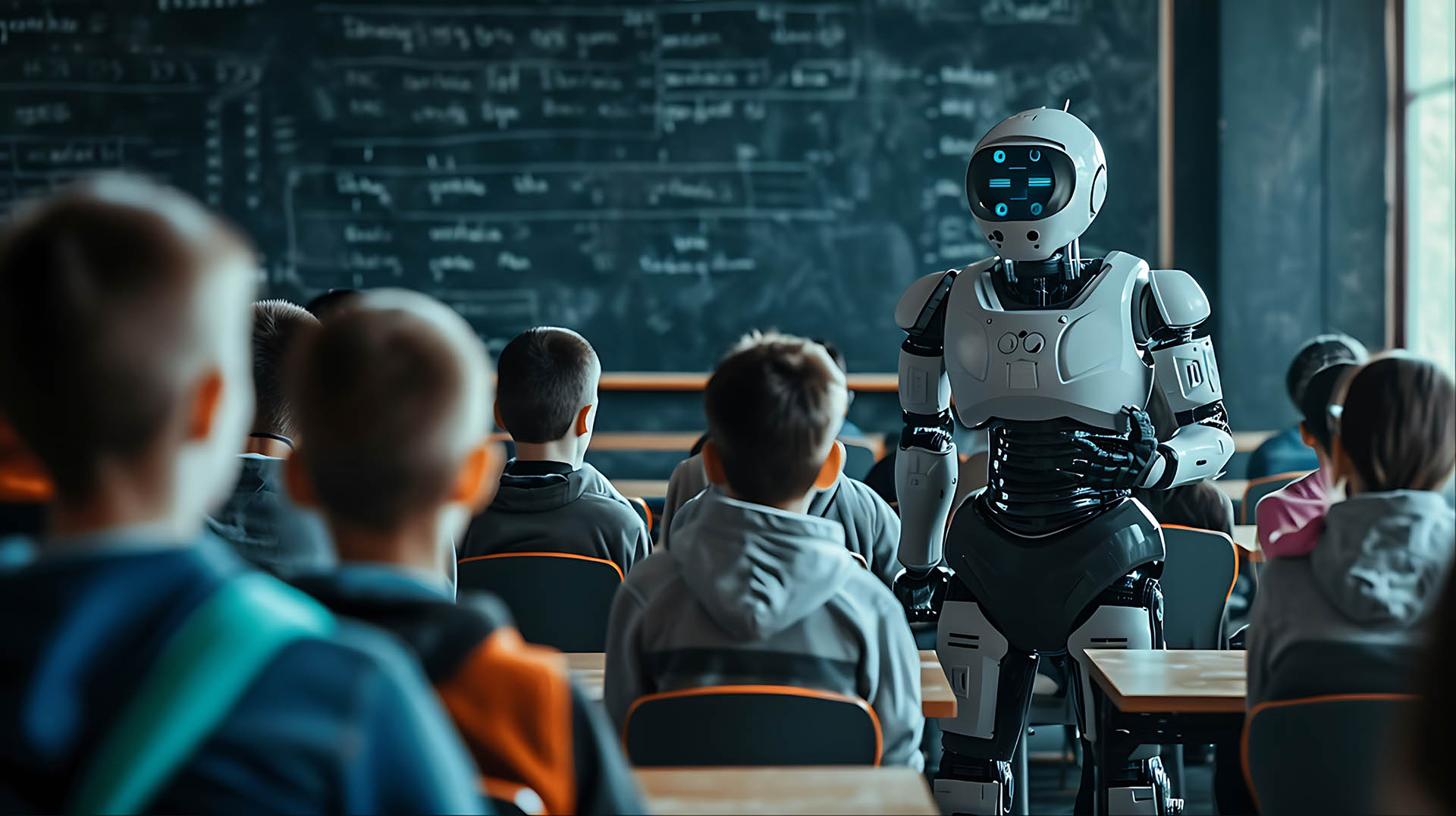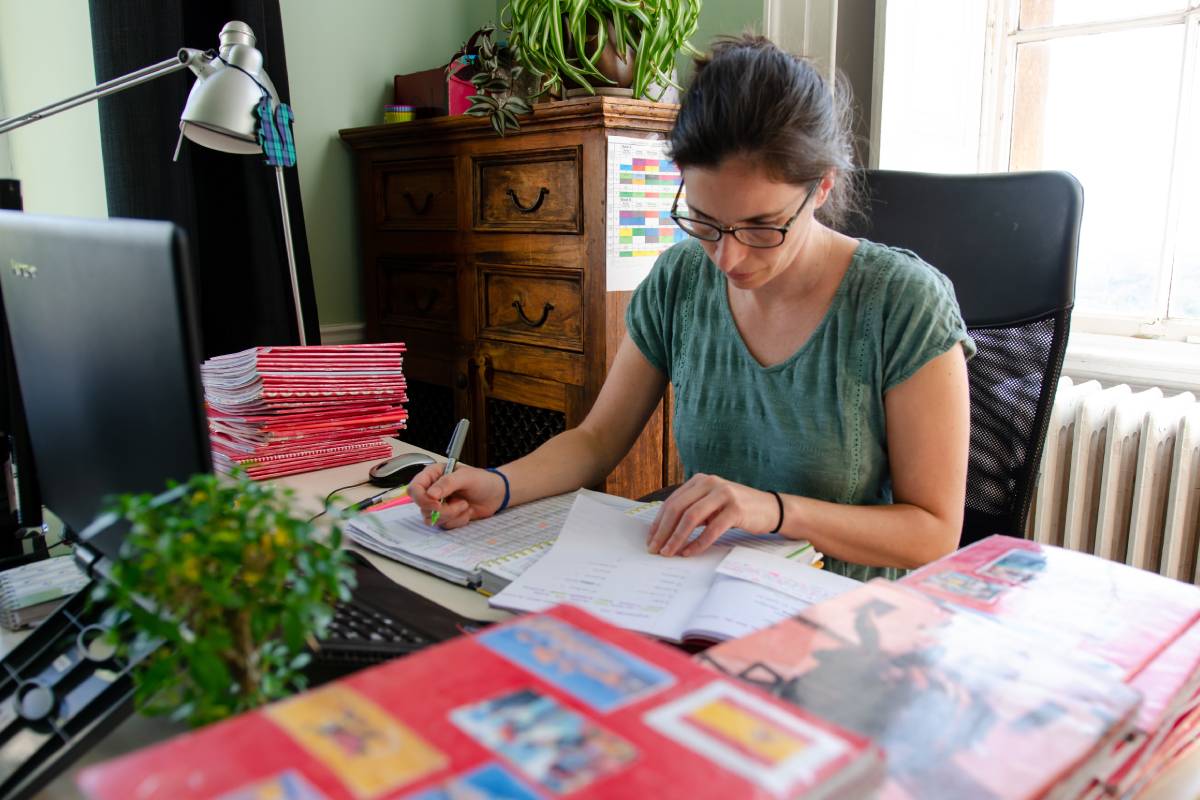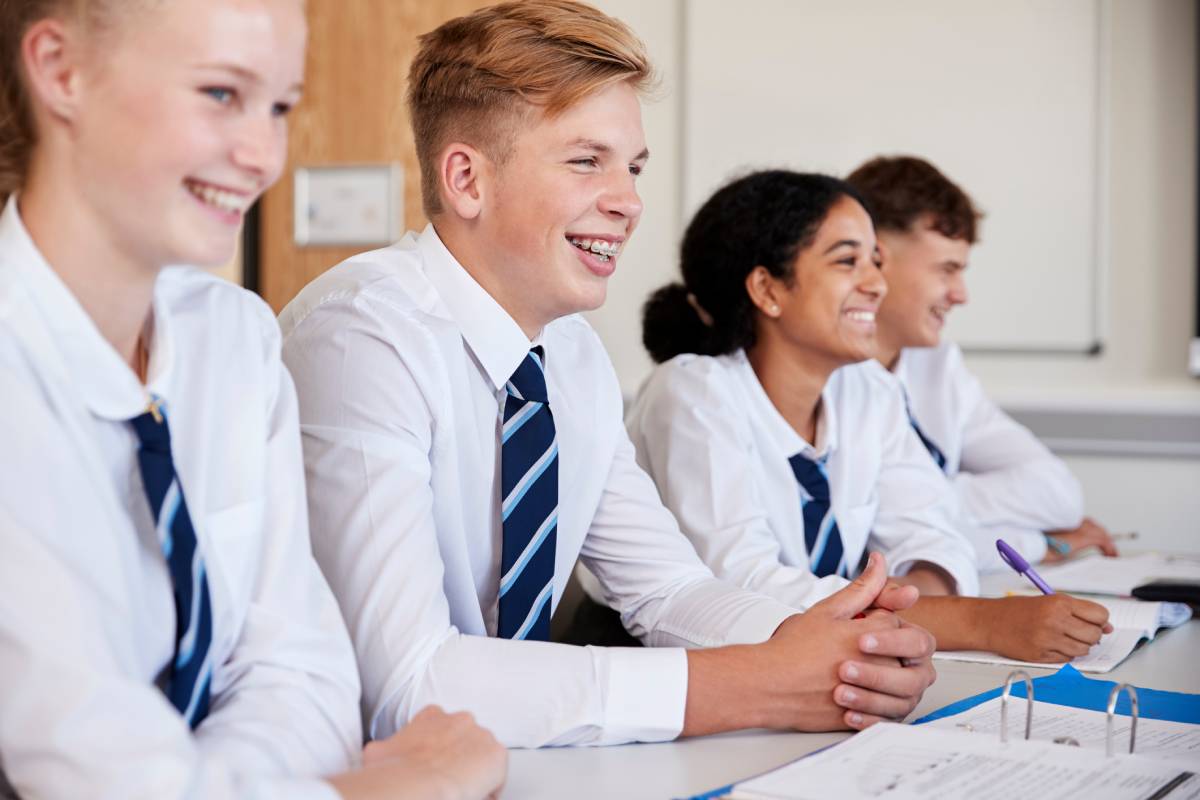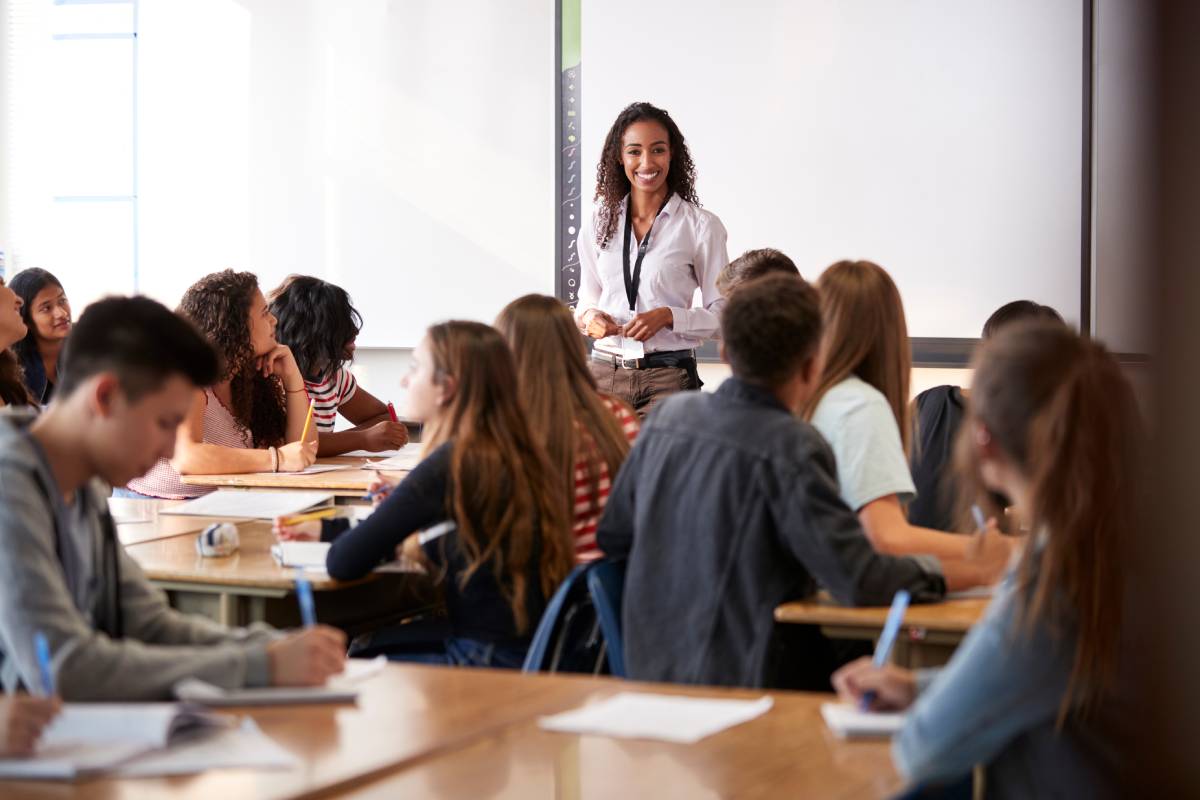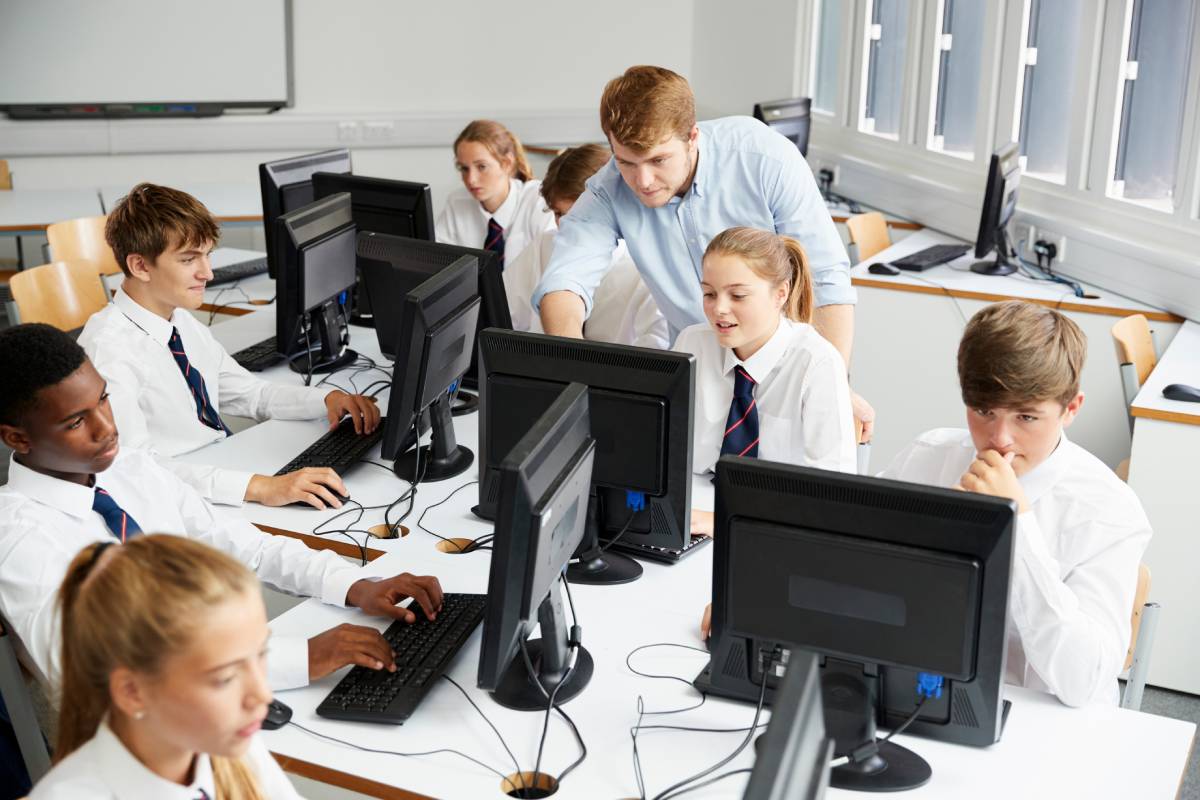1:1 Part time Teachers Cambridgeshire
Strategy Education are looking for qualified Primary and Secondary teachers to work part time 1:1 with Primary and Secondary students based in Peterborough, Cambridge, Wisbech St Neots, Huntingdon, March, Ely and Whittlesey area who has been excluded from school or have anxiety and are school refusers.
These roles are rewarding, and the primary activity is to provide an individualised education both academically and socially in the community in either a school setting, at the students home or designated public building such as a Library.
The majority of students on a 1:1 programme have had difficulties in a mainstream setting and may have behaviour or special needs and are likely to be working below their age group.
Candidate skills and experience for the role –
You will hold QTS or QTLS
Be a reflective practitioner.
Some knowledge about a range of interventions and their impact on meeting the needs of SEN students.
Some experience of Autism, SEMH or ADHD would be advantageous but not essential.
The ability to help deliver creative and innovative lessons to engage the most reluctant of learners.
Benefits
Flexible working hours to fit in with your lifestyle.
Work close to home.
Dedicated SEN consultant
On-going contract
Please email your latest CV to Debra at Strategy Education for this part time 1:1 primary role, or for other special needs roles (SEN) in Cambridgeshire area.
Strategy Education is an equal opportunities employer and we are committed to safeguarding and promoting the welfare of children and expect all staff to share this commitment. The post is subject to an enhanced DBS check.
If you are interested, please email your most up to date CV to Debra@strategyeducation.co.uk or call me on 01603 576050 for further information.


